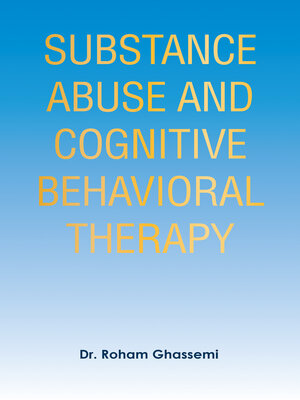
Sign up to save your library
With an OverDrive account, you can save your favorite libraries for at-a-glance information about availability. Find out more about OverDrive accounts.
Find this title in Libby, the library reading app by OverDrive.



Search for a digital library with this title
Title found at these libraries:
| Library Name | Distance |
|---|---|
| Loading... |
Theory and research suggest that self-efficacy plays an important part in substance abusers' decisions to change substance-related behavior, reduce substance use during treatment, and maintain treatment progress at follow-up. Self-evaluation and self-cognition can help individuals develop the self-efficacy to overcome substance abuse and make better life choices. The purpose of this investigation was to examine the current literature on substance abuse treatments, cognitive behavioral theory (CBT), self-efficacy theory, self-evaluation, and self-cognition strategies to identify components of the above that are empirically important and might logically be included in a substance abuse treatment program. Through a critical analysis of existing theory related to CBT and self-efficacy, the components that might be included in an intervention to reduce substance were identified. The goal of the intervention would be to reduce substance abuse by helping participants become more aware of their feelings and reactions and changing them in ways that will support cessation of substance abuse. A 12-session, 6-week program for individuals ranging in age from 25 to 50 was developed. Components of the intervention include helping clients capture thoughts, feelings, sensations; identify and label feelings; identify positive and negative expectancies of substance abuse; demonstrate awareness of triggers for substance abuse; seek out alternative interpretations of substance abuse thoughts and behaviors; and modify existing cognitive structures.







